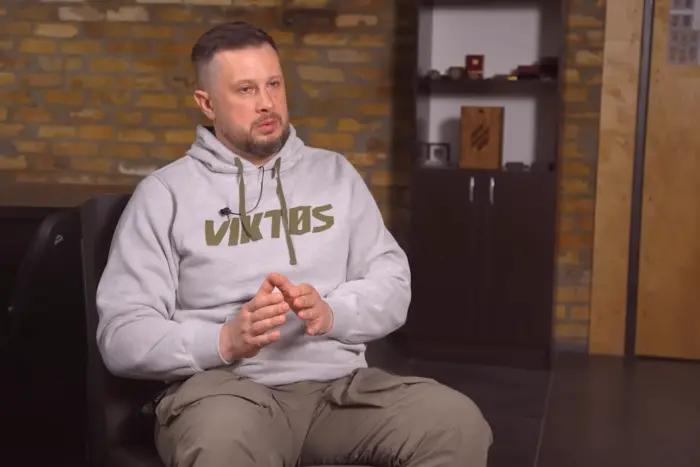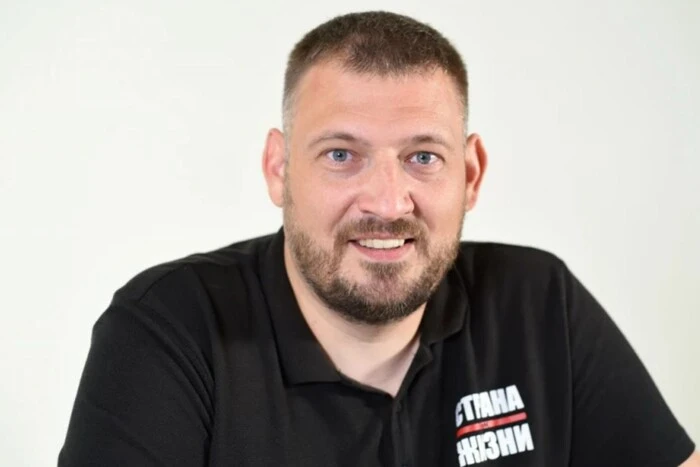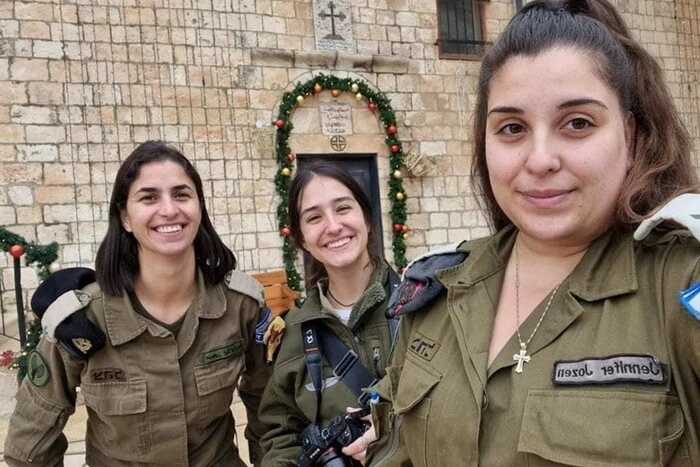“Gena”, “milk” and “box”: Radio intelligence officer reveals what is most often discussed on the air by occupiers.


The occupiers arrange their feasts and offensives, await the delivery of shells and celebrate “victory”, quarrel, discuss important, funny, and terrible things. Radio intelligence officer Vyacheslav Kotsyuba told the Luki project which messages are most often heard on the enemy’s airwaves.
“We collect unworthy interceptions, and we have them divided into three types: funny, abuse of command over personnel, and outright black – for example, ‘there’s a swollen corpse, what should I do with it? go pierce it or put a grenade in it’,” says the radio intelligence officer.
According to Vyacheslav Kotsyuba, the enemy uses certain codes and slang phrases.
“This is noticeable when a phrase comes out of context or is given a certain emphasis. For example, ‘a box is coming to you’ or ‘two sets will be’ or ‘pencils will come’. There is also ‘Gena’. It's a generator. ‘Milk for Gena’. I think, adding two and two together, one can understand what it is about,” shares the military.
Vyacheslav Kotsyuba explains that ‘box’ usually means wheeled or tracked vehicles moving towards the Ukrainian Armed Forces. Therefore, necessary data is transmitted to where it is needed, helping the Armed Forces strike the enemy.
Video
Earlier, military intelligence intercepted a conversation in which an occupier tells his wife about the murders and violence committed by Russian soldiers against civilians.
Also, one of the Russian soldiers spoke about mockery of Ukrainian military personnel. He boasts that he now knows how to ‘cut the head in a spiral’.
Read also
- Biletsky explained how Ukraine can regain Mariupol
- In Belarus, opposition politician Siarhei Tsikhanouski has been released from prison
- Vakarchuk shows his children for the first time
- Former Minister Kuleba Made an Unusual Tattoo
- New Rules for Distance Learning Introduced in Schools: What Will Change from September 1
- Serving even those with 10 children. How the Israeli mobilization differs from the Ukrainian one










